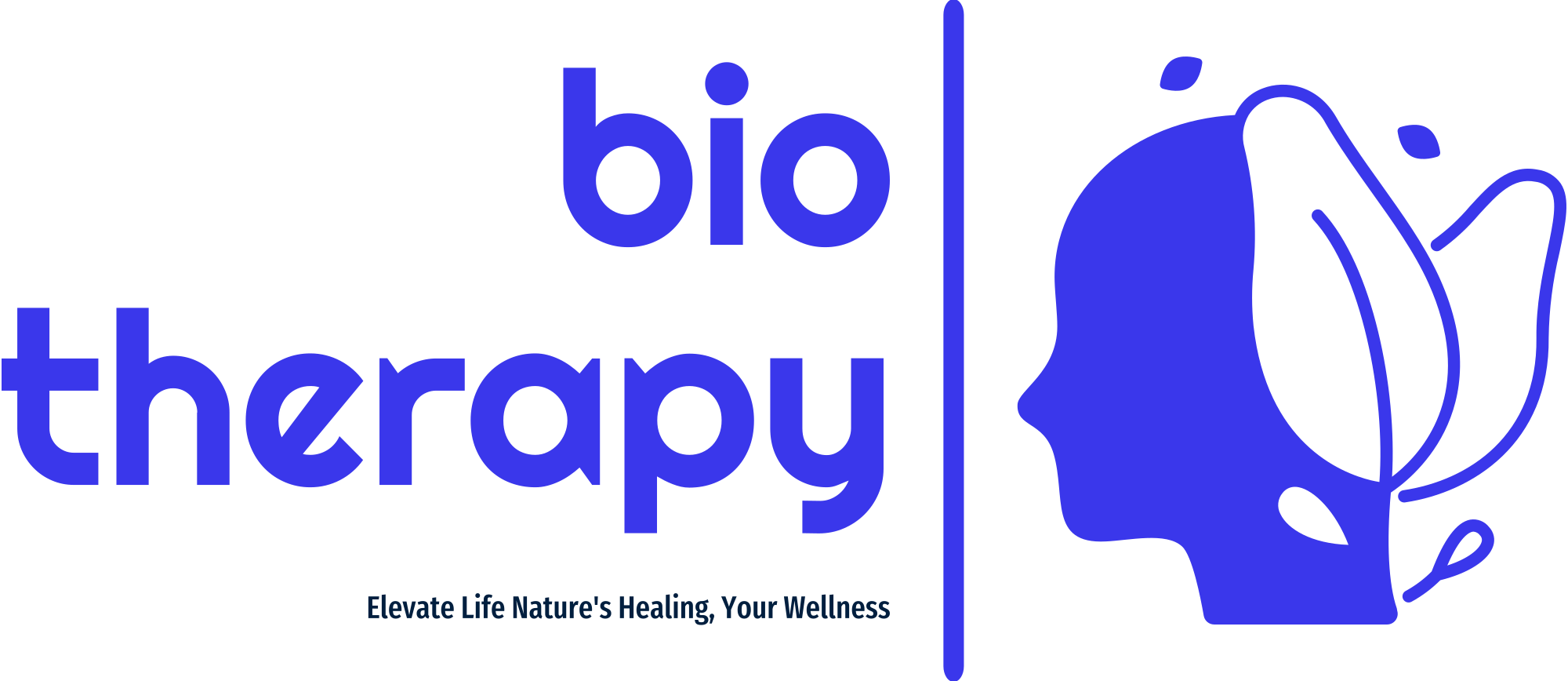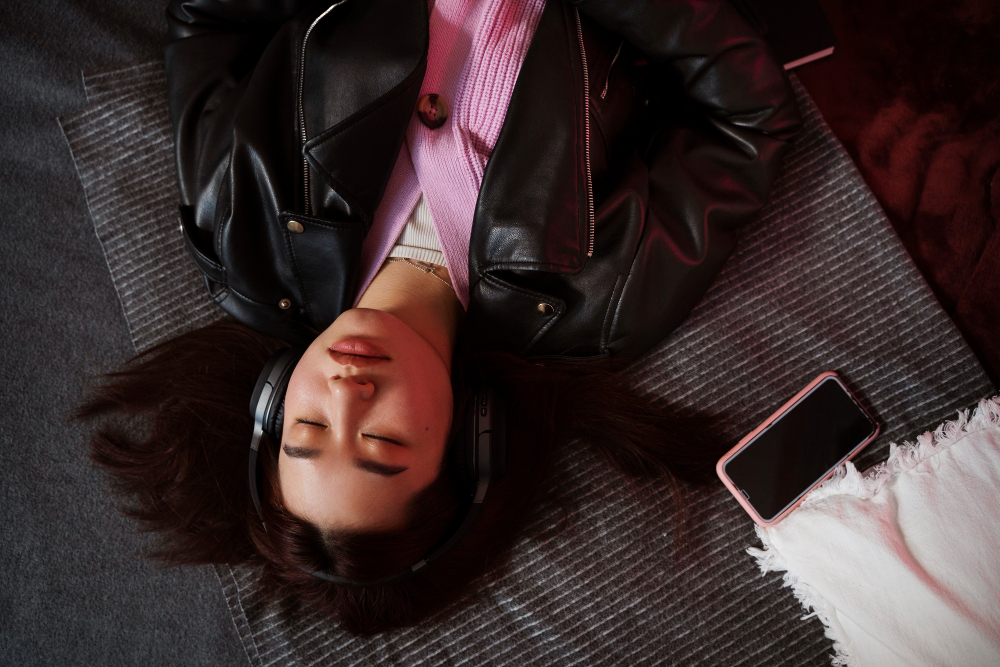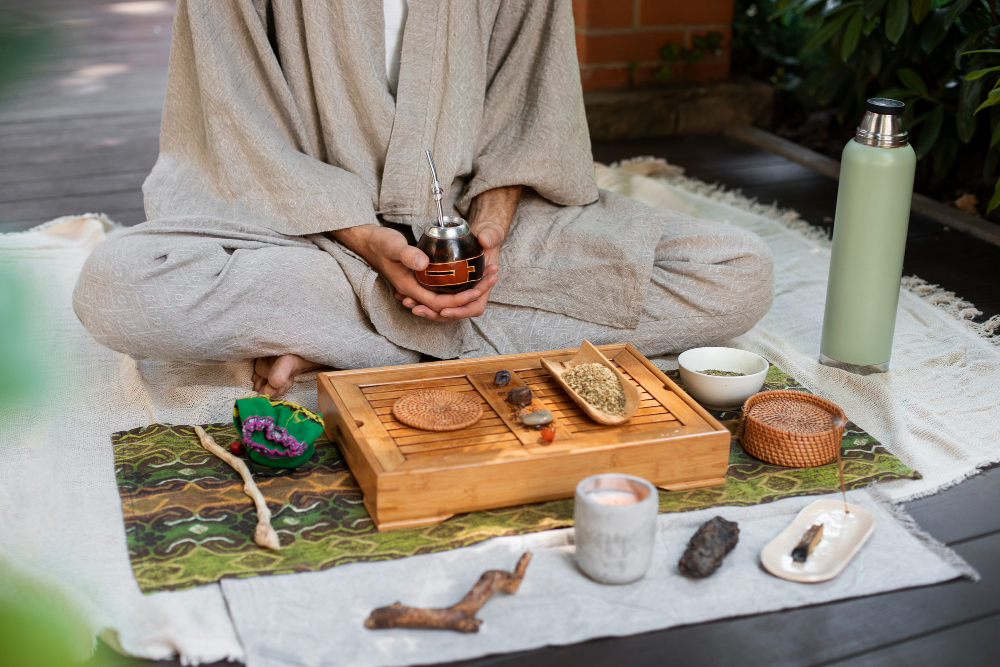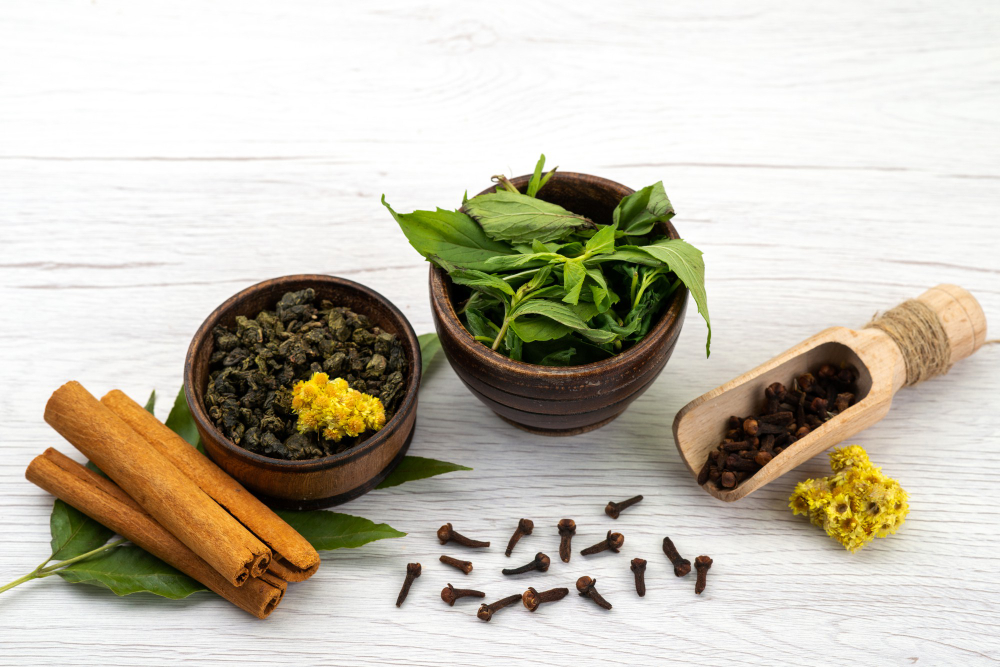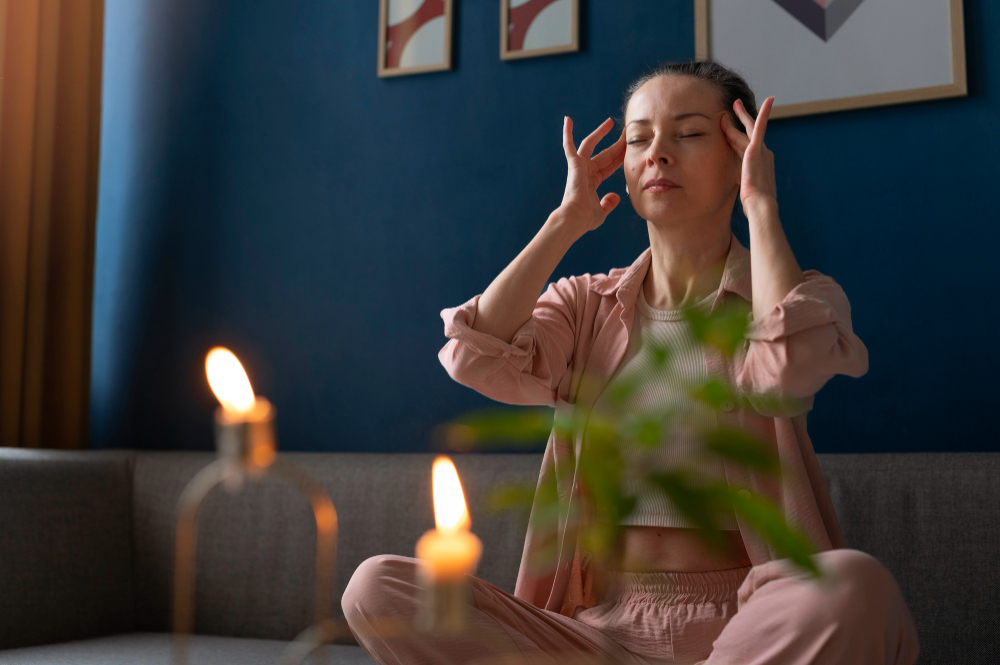
Stress has become an inevitable part of our fast-paced lives, impacting both our mental and physical well-being. In the pursuit of effective stress management, people are increasingly turning to alternative therapies. Aromatherapy, a practice that utilizes the aromatic compounds of plants to improve overall health, has gained significant attention for its stress-relief benefits.
What is Aromatherapy?
Aromatherapy involves the use of essential oils extracted from plants to promote physical and psychological well-being. These essential oils, known for their distinct fragrances, are believed to have therapeutic properties that can positively influence our mood and emotions.
Understanding Stress
The Modern Stress Epidemic
In the contemporary world, stress has reached epidemic proportions. The demands of work, personal life, and societal expectations contribute to elevated stress levels, impacting millions globally.
Impact of Stress on Mental and Physical Health
The toll of stress on mental and physical health cannot be overstated. From anxiety and depression to cardiovascular issues, the consequences of chronic stress are diverse and severe.
Aromatherapy as a Stress Buster
How Aromatherapy Works
Aromatherapy operates on the principle that the inhalation of essential oil molecules can influence the limbic system, the brain's emotional center. This, in turn, can evoke a range of responses, including relaxation and stress reduction.
Popular Aromatherapy Essential Oils
Not all essential oils are created equal when it comes to stress relief. Lavender, chamomile, and bergamot are among the popular choices, each carrying its unique calming properties.
Incorporating Aromatherapy into Daily Life
Whether through diffusers, topical application, or massages, integrating aromatherapy into daily routines can offer consistent stress management.
Scientific Backing
Studies on Aromatherapy and Stress Reduction
Scientific research supports the stress-relieving effects of aromatherapy. Numerous studies highlight the positive impact of certain essential oils on reducing stress markers in the body.
Aromatherapy and the Brain
Understanding the neuroscientific basis of aromatherapy provides valuable insights into its efficacy. The influence of aromas on brain activity and neurotransmitters underscores the connection between scent and emotional well-being.
Aromatherapy Techniques
Diffusers and Their Benefits
Aromatherapy diffusers disperse essential oil particles into the air, creating a soothing environment. This technique is not only effective but also convenient for daily use.
Topical Application of Essential Oils
Applying essential oils directly to the skin allows for absorption and provides a more localized impact. Proper dilution is crucial to ensure safety and effectiveness.
Aromatherapy Massage
Aromatherapy massages combine the benefits of touch and scent, offering a holistic approach to stress relief. Professional therapists use specific essential oils tailored to individual needs.
Aromatherapy vs. Other Stress Management Techniques
Aromatherapy vs. Meditation
While meditation focuses on mental exercises, aromatherapy engages the senses, offering a complementary approach to stress reduction.
Aromatherapy vs. Medication
Aromatherapy's natural and non-invasive nature distinguishes it from pharmaceutical options, providing an alternative for those seeking holistic stress relief.
Personal Stories and Testimonials
Real-life Experiences with Aromatherapy
Exploring personal accounts of individuals finding solace in aromatherapy adds a human touch to its efficacy.
Success Stories in Stress Management
Highlighting success stories reinforces the potential of aromatherapy as a viable stress management tool.
Precautions and Considerations
Safe Usage of Essential Oils
While generally safe, essential oils require careful handling. Understanding proper dilution, contraindications, and potential allergies is crucial.
Consultation with Professionals
Seeking advice from aromatherapy professionals ensures a personalized and safe approach to stress management.
DIY Aromatherapy Blends
Creating Your Personalized Stress-Relief Blend
Empowering individuals to create custom blends encourages a more personalized and enjoyable aromatherapy experience.
Tips for Blending Essential Oils
Guidance on blending ratios and pairing essential oils enhances the effectiveness of DIY aromatherapy.
Aromatherapy in Different Settings
Aromatherapy at Home
Transforming home environments with calming scents contributes to a relaxing atmosphere for stress relief.
Aromatherapy in the Workplace
Introducing aromatherapy in the workplace can enhance employee well-being and productivity.
Aromatherapy and Sleep
Promoting Relaxation for a Good Night's Sleep
Certain essential oils, such as lavender, are renowned for their sleep-inducing properties, aiding in a restful night's sleep.
Best Essential Oils for Sleep
Exploring specific essential oils conducive to promoting a healthy sleep cycle enhances the effectiveness of aromatherapy for sleep.
Aromatherapy for Specific Stress Triggers
Aromatherapy for Work-related Stress
Tailoring aromatherapy practices to address specific stressors, such as work-related stress, offers targeted relief.
Aromatherapy for Relationship Stress
Navigating relationship stress with the help of aromatherapy fosters emotional well-being.
Aromatherapy for Long-Term Stress Management
Incorporating Aromatherapy into Daily Routine
Consistency is key in long-term stress management, and integrating aromatherapy into daily routines establishes a sustainable practice.
Consistency and Patience in Aromatherapy
Managing stress requires patience. Aromatherapy is not an instant fix, but a gradual and holistic approach to well-being.
Professional Aromatherapy Services
Aromatherapists and Their Role
Consulting with a certified aromatherapist provides expert guidance for tailored stress management.
Choosing the Right Aromatherapy Practitioner
Understanding the qualifications and expertise of aromatherapists ensures a trustworthy and effective therapeutic partnership.
Conclusion
In the realm of stress management, aromatherapy stands out as a holistic and natural approach. By tapping into the power of scent, it offers a unique avenue for individuals to navigate the challenges of modern life. From its scientific backing to practical techniques, aromatherapy provides a customizable and effective solution for those seeking balance and tranquility.
FAQs
- Is aromatherapy suitable for everyone?
Aromatherapy is generally safe for most people, but individuals with certain health conditions or allergies should consult with a healthcare professional before using essential oils. - How long does it take to experience the benefits of aromatherapy?
The timeline for experiencing the benefits of aromatherapy varies from person to person. Some may feel immediate relief, while others may require consistent use over time. - Can aromatherapy replace medical treatment for stress-related issues?
Aromatherapy can complement traditional medical treatments, but it is not a substitute. Individuals with severe stress-related issues should consult with healthcare professionals for comprehensive care. - Are there specific essential oils that should be avoided during pregnancy?
Pregnant individuals should exercise caution and consult with healthcare providers before using essential oils, as some may have contraindications during pregnancy. - What is the recommended dilution ratio for creating DIY aromatherapy blends?
The recommended dilution ratio for DIY aromatherapy blends is typically 1-3% essential oil to carrier oil, depending on individual sensitivity and the specific essential oils used.
